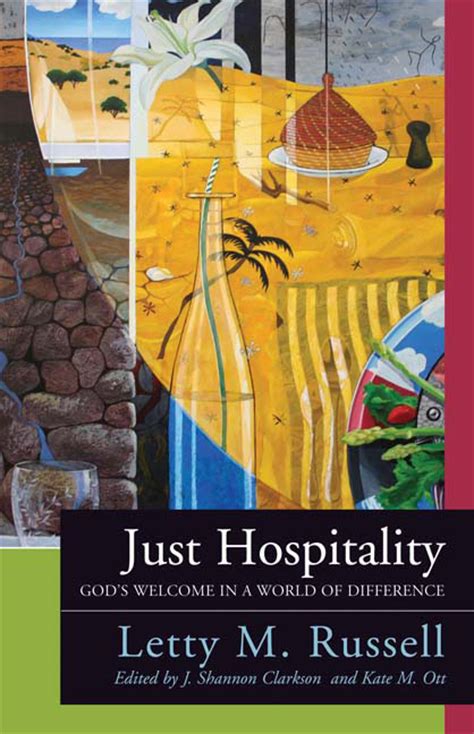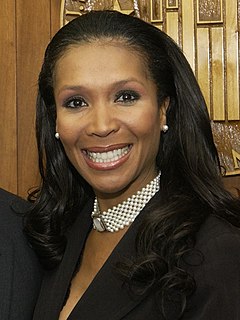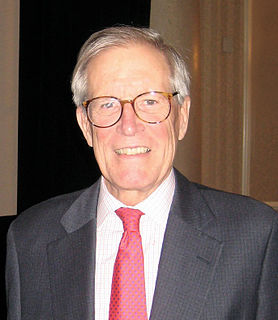A Quote by Mike McCurry
There's a wider agenda that speaks to what the Democratic Party has historically stood for, which are economic rights for those who are struggling in the middle class, concern for the poor, for economic justice for those who are marginalized in our society.
Related Quotes
The way in which we can promote peace, is by promoting sustainable management of our resources, equitable distribution of these resources, and that the only way you can actually do that, is that then you have to have a political, economic system that facilitates that. And then you get into the issues of human rights, justice, economic justice, social justice, and good governance or democratic governance. That's how it ties up.
Given the fact that poverty is growing, more and more Americans are losing health insurance, health care costs are going up, the middle class is shrinking, the gap between the rich and the poor is growing wider. That speaks to the weakness of the opposition. People do not like George W. Bush. But I think it's fair to say that they are not flocking to the Democratic Party, or see the Democrats as a real alternative.
I think it's time we had a President who will provide the only real economic security: good jobs. A President who will provide middle class payroll tax relief to get money in the pockets of workers who will spend it, not more tax giveaways for those at the top to stimulate the economy in the Cayman Islands and Bermuda. A President who will index the minimum wage to inflation and raise it from a 30 year low, not increase the tax burden on the middle class and those struggling to join it.
Public education is the key civil rights issue of the 21st century. Our nation's knowledge-based economy demands that we provide young people from all backgrounds and circumstances with the education and skills necessary to become knowledge workers. If we don't, we run the risk of creating an even larger gap between the middle class and the poor. This gap threatens our democracy, our society and the economic future of America.
I think, the most progress I have agenda, the progressive platform in the history of the Democratic Party. So we have got to continue bringing people in, fighting for an agenda that works for working families and having the courage to take on the big money people who today control our economic and political life.
Some people continue to defend trickle-down theories which assume that economic growth, encouraged by a free market, will inevitably succeed in bringing about greater justice and inclusiveness in the world. This opinion, which has never been confirmed by the facts, expresses a crude and naive trust in the goodness of those wielding economic power and in the sacralized workings of the prevailing economic system.
Whatever else the true preaching of the word would need to include, it at least would have to be a word that speaks from the perspective of those who have been crushed and marginalized in our society. It would need to be a word of solidarity, healing and love in situations of brokenness and despair and a disturbing and troubling word of justice to those who wish to protect their privilege by exclusion.
The Trump administration's economic agenda is the right agenda. Corporate taxes have been driving capital and brains and companies overseas for a decade. It has caused huge damage in investment and jobs and productivity. It was a mistake. We have to fix it. Counterintuitively, that usually helps middle-class wages, and lower-class wages, and job formation.
Standing athwart ineffective, feel-good legislation shouting, 'Stop!' is seen as a betrayal of those struggling to get their footing on the lowest rung of the economic ladder. Yet raising the minimum wage hacks the lowest rungs off the ladder altogether. But economic logic doesn't wash with liberals who are intent on inflaming class warfare.



































